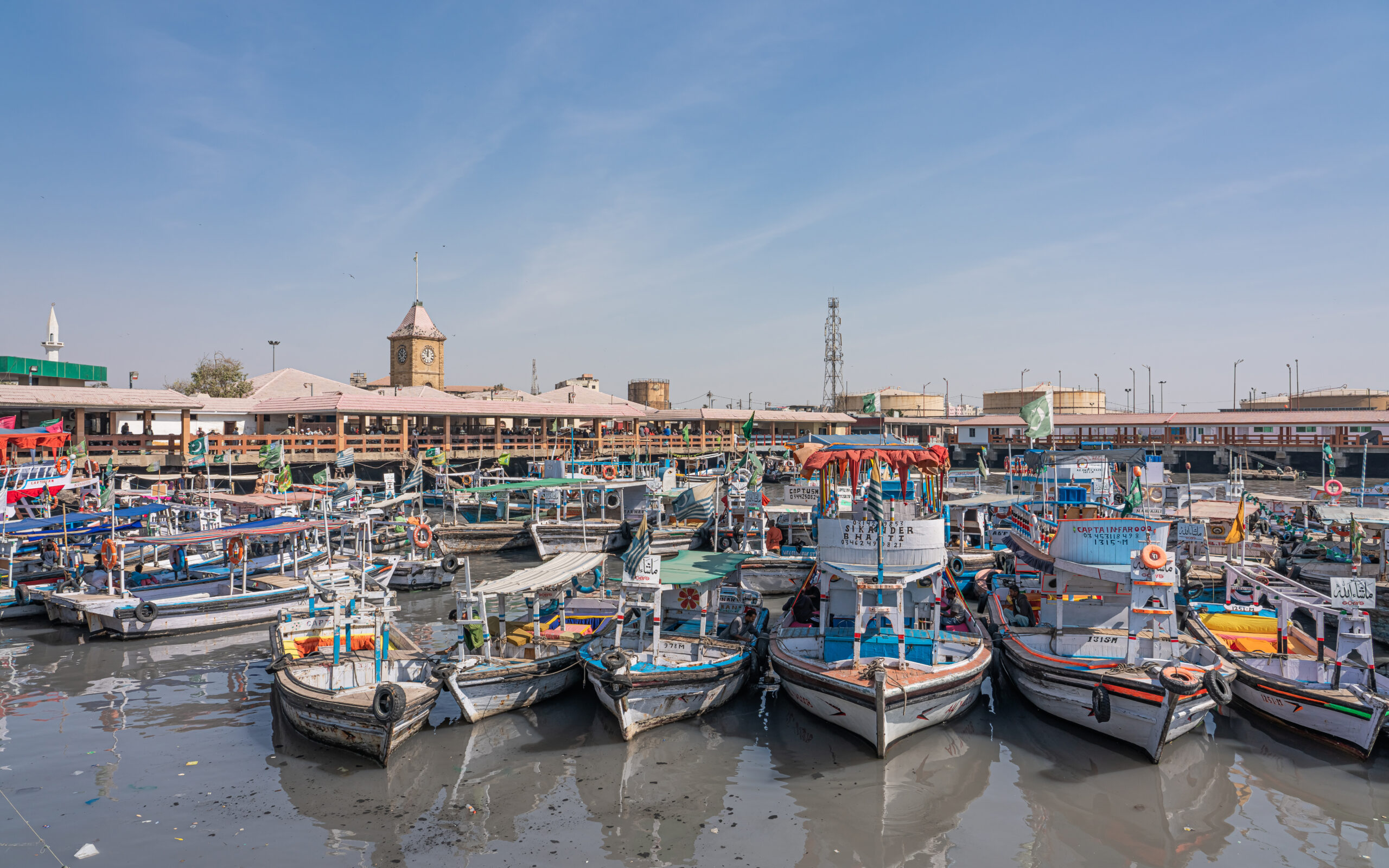On occasion of the Global Action Week for Education, the Pakistan Coalition for Education (PCE) and Worker’s Education and Research Organisation (WERO) have conducted a focus group discussion on the state of education in Keamari district.
People from different walks of life took part in the discussion. These included local government representatives, people from the educational sector, the media, NGOs, community members and other stakeholders. The findings revealed a deteriorating condition of schools.
According to Article 25-A of the Constitution, every child aged between five and 16 years is entitled to state-mandated education. However, data provided by the Sindh Education Management Information System indicates a dire situation in Keamari district.
Out of the 216 schools in the district, 15 are closed, and 11 are classified as shelter-less. The total enrollment of 39,057 students accounts for only 10 per cent of the total population of children in the district.
The facilities provided on campus are also in poor condition. Only 50pc of schools have access to drinking water, 173 have toilets, 156 have electricity, and merely 81 schools have handwashing facilities.
The challenges faced by girls attending government schools are particularly acute. The lack of proper washrooms and sanitation facilities for young girls is a significant problem. Additionally, the absence of specific facilities for disabled children, such as ramps, makes schools inaccessible to an entire demographic.
The lack of accessibility and transparency in the development budget is a cause for concern. Only individuals well-versed in the system can access the budget, after navigating through numerous obstacles. The budget is not readily available in a complete form. People should have the right to easily access and understand the budget. Failing to provide this information feels like an attempt to evade criticism and valid concerns.
Furthermore, school management committees (SMCs) are virtually non-existent. These committees, consisting of principals, teachers, community members, and parents, are crucial for maintaining infrastructure quality and services.
This story was originally published in Dawn.com



